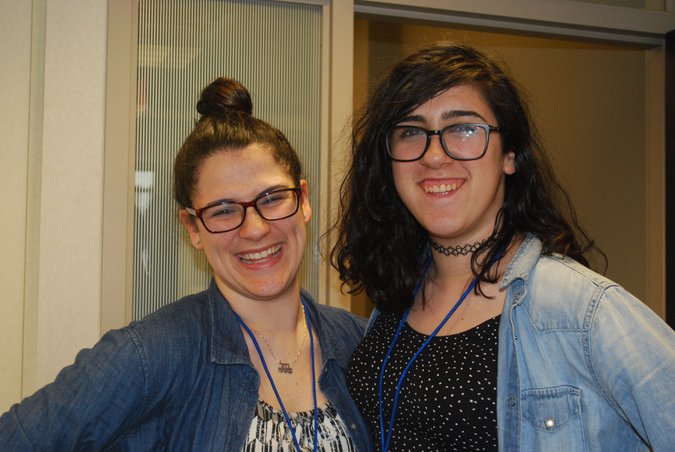Molly Meisels, a student at Yeshiva University, wanted to invite assemblymember Deborah Glick to talk about her experience as New York’s first openly gay legislator to the school’s College Democrats club. The university administration had other ideas.
Two weeks before the event took place, Meisels said she was called into an office and asked not to advertise the event in any way as LGBTQ-related and not to ask the assemblymember LGBTQ-related questions. “They told me that someone from higher up in the university was trying to stop the event from happening,” she said.





